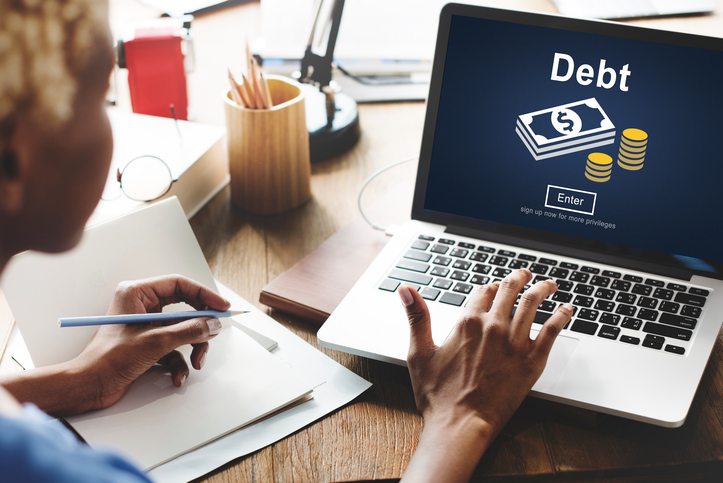 EVERYTHING YOU NEED TO KNOW ABOUT CHAPTER 7 BANKRUPTCY
EVERYTHING YOU NEED TO KNOW ABOUT CHAPTER 7 BANKRUPTCY
Chapter 7 bankruptcy wipes the slate clean of all your debts. The price paid for wiping the financial slate clean includes the loss of property and a much lower consumer credit score. Chapter 7 bankruptcy represents the last option for extricating yourself from the financial hole. Also referred to as liquidation or straight bankruptcy, Chapter 7 involves the sale of every asset that falls within the Chapter 7 asset class. In 2005, bankruptcy law dramtically changed to make it more difficult for consumers to start over with a clean financial slate. The new bankruptcy law changes include a means test that separates debts that you can and cannot discharge.
Who is Eligible to File for Chapter 7 Bankruptcy?
United States bankruptcy law requires you to fulfill specific eligibility requirements that include the economic means test. If a Chapter 7 filer fails to meet every eligibility requirement, a bankruptcy court has the legal right to move to change a Chapter 7 case into a Chapter 13 case. The primary factor that determines Chapter 7 eligibility is personal income. For you to qualify for a Chapter 7 bankruptcy filing, you must meet the minimum income standard mandated by the state where you live. Every state has a different income threshold for filing for Chapter 7 bankruptcy relief, with the cost of living playing a major role in determining the income threshold. However, the means test also takes into account whether the income you generate is sufficient to pay off some, if not all of your debt obligations.
Filing for Chapter 7 Bankruptcy
Before filing for Chapter 7 bankruptcy, a debtor must attend a credit counseling program approved by the court system. After completing the credit counseling program, a debtor has the legal right to file for Chapter 7 bankruptcy. As of February 2017, the cost for filing a Chapter 7 bankruptcy case is $299. You must provide the bankruptcy court with detailed information that includes personal income and expenditures, as well as all of the creditor holdings of secured and unsecured debt. Paperwork filing also includes the property you have the legal right to keep.
Personal Property Exempt under Chapter 7
The liquidation of your assets pays off as much of the debt you owe that matches the value of the assets. However, some personal property is exempt from asset liquidation. In most Chapter 7 cases, personal property such as housing and automobiles receive Chapter 7 liquidation exemptions. Moreover, most of the clothing you own remains outside the liquidation hands of a Chapter 7 bankruptcy court. Many states allow Chapter 7 filers to use the state or federal definitions of exempt Chapter 7 property. However, some states require you to use the state guidelines for claiming property exemptions.
The Importance of an Automatic Stay
After you file for debt relief under Chapter 7 bankruptcy law, the court issues an automatic stay that relieves you of paying off debts until the court resolves your Chapter 7 case. An automatic stay prevents your debtors from performing actions that collect money from you. This means you don’t have to deal with lien filings, wage garnishments, and seizures of your property, such as your car, home, or bank account. If the bankruptcy court dismisses your case, every creditor can instigate collection proceedings.
Filing for a Chapter 7 bankruptcy requires you to enlist the services of an experienced and knowledgeable team of bankruptcy attorneys. Contact our bankruptcy law specialists today to schedule an initial free consultation to determine whether filing for Chapter 7 bankruptcy can help you get back on your financial feet.
